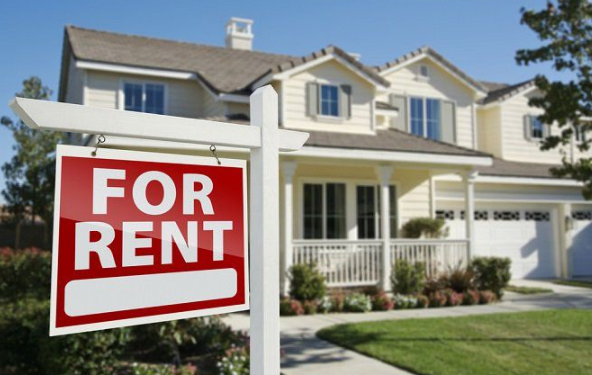In recent years, the housing market has witnessed a significant shift in preferences and behaviors among prospective homeowners. Traditionally, owning a home has been considered a key milestone and a symbol of financial stability. However, with changing economic conditions, evolving lifestyles, and rising housing costs, an increasing number of individuals are opting for renting instead of buying. This article delves into the changing housing trends, explores the factors behind the shift towards renting, and examines the potential long-term implications.

I. The Appeal of Renting:
Financial Flexibility:
- Lower upfront costs: Renting eliminates the need for a hefty down payment, making it more accessible for individuals with limited savings or uncertain financial situations
- Fixed monthly expenses: Renters can budget more effectively as their monthly housing costs are fixed, without worrying about unexpected expenses related to home repairs or property taxes.
Lifestyle Flexibility:
- Mobility: Renting allows individuals to relocate more easily for job opportunities or personal reasons, providing greater freedom and flexibility.
- Amenities and services: Many rental properties offer a range of amenities such as gyms, swimming pools, and 24/7 maintenance, enhancing the overall living experience.
II. Changing Economic Landscape:
Rising home prices:
- Limited affordability: Rapidly increasing home prices in many regions have pushed homeownership out of reach for many aspiring buyers, particularly first-time buyers.
- Financial constraints: Stricter lending standards and rising interest rates have made obtaining a mortgage more challenging for some potential buyers.
Economic uncertainty:
- Job market volatility: Uncertain economic conditions and job market fluctuations have made individuals hesitant to commit to long-term mortgage payments.
- Flexibility in investment opportunities: Renting allows individuals to allocate their financial resources towards other investments, such as starting a business or investing in stocks.
III. Shifting Perspectives on Homeownership:
Changing lifestyle preferences:
- Minimalist living: Younger generations, in particular, are embracing minimalist lifestyles, prioritizing experiences over material possessions.
- Flexibility in life choices: Renting provides the flexibility to adapt to changing life circumstances, such as career changes or personal relationships.
Sustainable living:
- Environmental considerations: Renting allows individuals to choose eco-friendly housing options, such as energy-efficient apartments or buildings with sustainable features.
- Shared resources: Rental communities often promote resource-sharing initiatives, reducing individual carbon footprints.
IV. Implications and Considerations:
Evolving real estate market:
Increased demand for rental properties: The growing preference for renting is driving up demand for rental properties, potentially leading to rental price increases in some areas.
Rental market investment opportunities: Investors are recognizing the potential for rental properties to generate stable income streams and are shifting their focus accordingly.
Long-term financial considerations:
Wealth accumulation: Homeownership has traditionally been associated with long-term wealth accumulation through property appreciation. Renting may require alternative wealth-building strategies, such as investing in stocks or real estate investment trusts (REITs).
Retirement planning: Renting in retirement poses unique considerations, as rental expenses may impact long-term financial security. Planning for housing costs becomes crucial.
Conclusion:
As housing trends continue to evolve, renting is becoming an increasingly viable and attractive option for many individuals. Financial and lifestyle flexibility, changing economic landscapes, and shifting perspectives on homeownership are reshaping the housing market. While there are implications to consider, such as rising rental prices and long-term financial planning, renting offers a range of benefits that cater to the changing needs and preferences of modern society.







